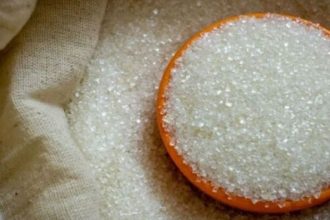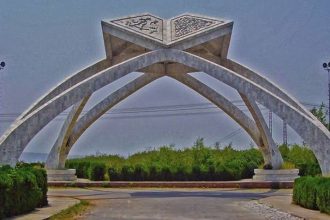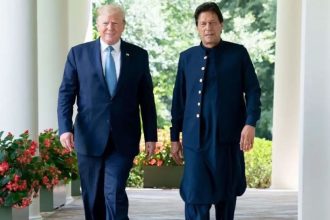LAHORE: The National Theatre has 960 seats and 36 shows. With a director who has previously won an Oscar, Ajoka’s play ‘Dara’ – the very first South Asian play to be shown there – may just create huge waves in London.
Help and collaboration with a British Pakistani platform of ideas, Samosa has pushed the news quite far within community circles. A conversation with ‘Dara’s’ playwright Shahid Nadeem, and Samosa’s Anwar Akhtar shows what they are thinking about this.
“We in the subcontinent are prisoners of history,” says playwright Shahid Nadeem. “In our history, Sufis and moderate Islam are attacked, while the more radical version is glorified.”
Shahid, who is the writer of the Ajoka Theatre plays is referring to his play ‘Dara’ and what its story and plot encompasses.
The play is about the power struggle between Mughal Emperor Shah Jahan’s two sons, the elder Dara Shikoh – a humble prince who is locked in a battle for the throne against his younger brother Aurangzeb – who would eventually emerge victorious.
This play, so deeply layered, looks at the religious ideologies that have clashed in the subcontinent over centuries, at the disputes between the Salafi and Sufi forms of Islam, and at the extremist mullah ideology that till today overshadows the other more peaceful interpretation of Islam.
The play then also compares how the course of history may have been altered if instead of the radical and rigid Aurangzeb, his liberal and moderate brother Dara Shikoh had ascended to the throne, as Shah Jahan had originally wished.
In the play, directed by Madeeha Gauhar, with Shahid’s sharp and witty script writing and the musical performances of Amir Khusro’s poetry to choreographed dances, it seems to be a downright winner for Ajoka anytime.
The music and the dances are amazingly well done. The play leaves a deep impact in the mindset of the viewers and also asks lingering questions.







